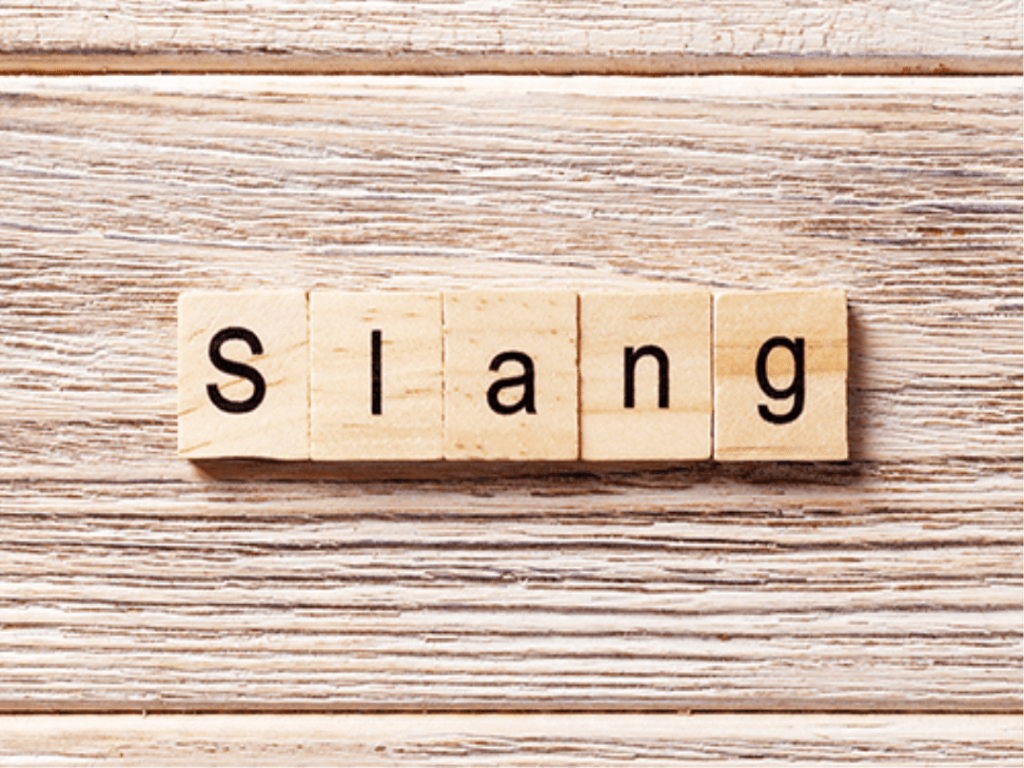Marhaba! We all resort to using slang words without consciously thinking about it. These are common in any language, so let’s cover some basic Arabic slang words in spoken Arabic (or colloquial).
Yallah – يلا
Meaning “Let’s go!” or “Come on!”. You say this when you want something to happen or someone to get moving, this is one of the most common Arabic words used. People will use the word yallah for everything. For example, from congested traffic or to get people on the dance floor. Using this word will make you feel like a true local.
Hader – حاضر
This is a short answer when someone provides you with any information or explains something and it basically means “Okay, understood”.
Inshalla – ان شاء الله
Probably one of the most well-known Arabic words because of how commonly it is used, the word inshallah means “If God is willing”, but most people will use it in the context of meaning “Maybe.” or “I’m not sure. It’s out of my hands”. Use this word when you either really don’t know the answer to something or when you want to get out of answering right away! Truth be told, inshallah has unanimously made it to all Arab countries, finding space in any comment or question.
Khalas – خلص
Depending on the situation, there are many different versions (and tones) of khalas that Arabs use. The translations are endless, but they all lead in the same direction: “Done!”, “Enough!”, “Stop it!”, “Alright, then”. It can be used to end an argument “khalas now!” and said when you finish a task, yell at your kids or even when you tell yourself to stop overthinking. Ok, khalas! I’ll stop.
Akeed – أكيد
This means “Sure!/Of course!” Usually used for confirmation, emphasis or to state something so obvious. “Yes, akeed!”
Ibn halal – ابن حلال
This is used to emphasize the good traits in a person.
Walaw – ولو
People from the Levant region use this mostly and it means “It’s ok./Of course!/Don’t mention it!”
Naeman – نعيماً
This is said when one showers or gets a haircut or a shave. Sometimes you might hear this being said in nail salons after ladies finished their manicure. Basically, it’s kind of like blessing them and saying “Congrats on looking cleaner/fresher!” and there is certainly no way of saying it in English
Ya haram – يا حرام
Used to express sympathy or sadness at something, this word originally means “a sin” but is used as slang to mean something along the lines of “Oh, poor thing!” or “I feel sorry for…!” For example, if someone is telling you a story about an accident or someone coming into physical harm, you can answer by saying ya haraam!
The above Arabic sayings are ones that get their message across even if you say them without attaching them to a sentence. Even then, if you’re unsure of how to use them in your conversation, pay attention to how other people use these words in their sentences. It shouldn’t take you long to figure out what context to use them in! If you want to learn more about Arabic slang or the Arabic language in general, don’t forget to download our Arabic learning app Kaleela!




